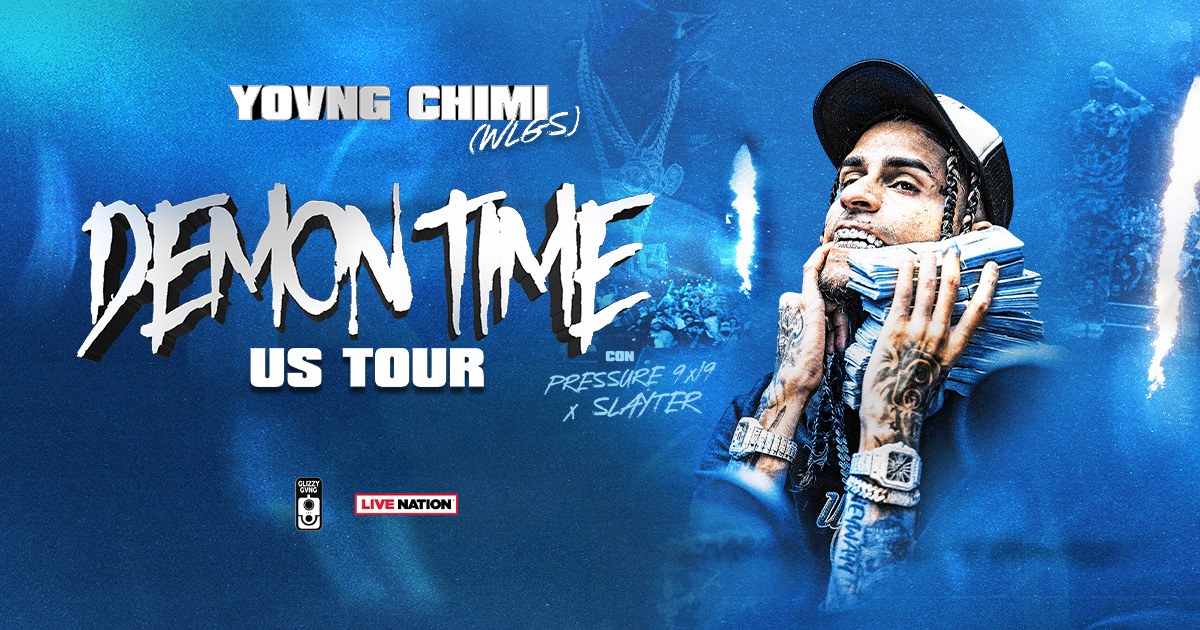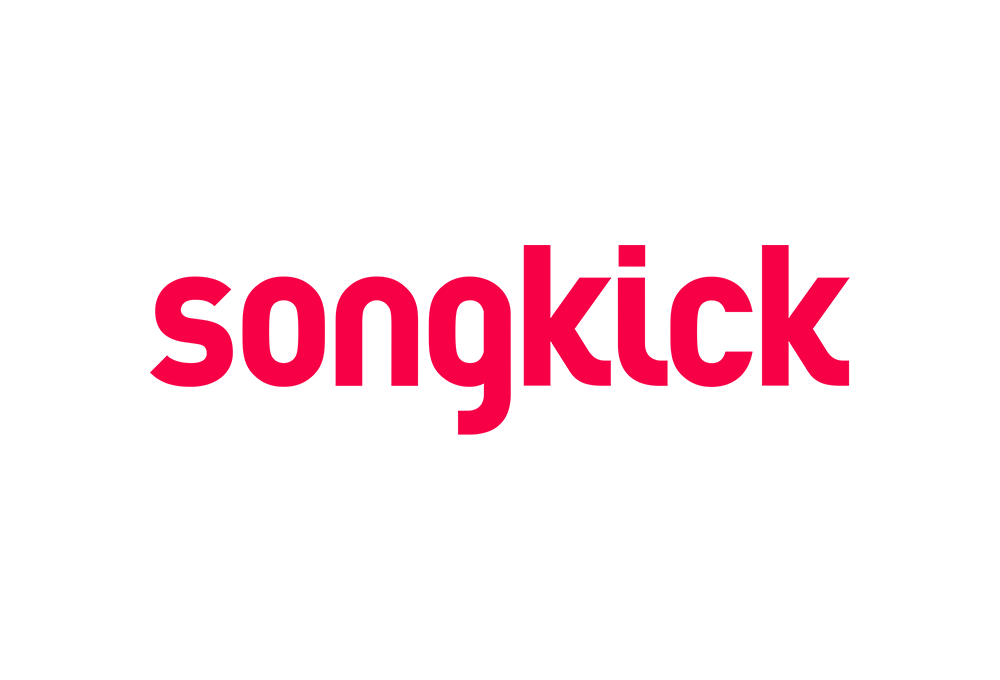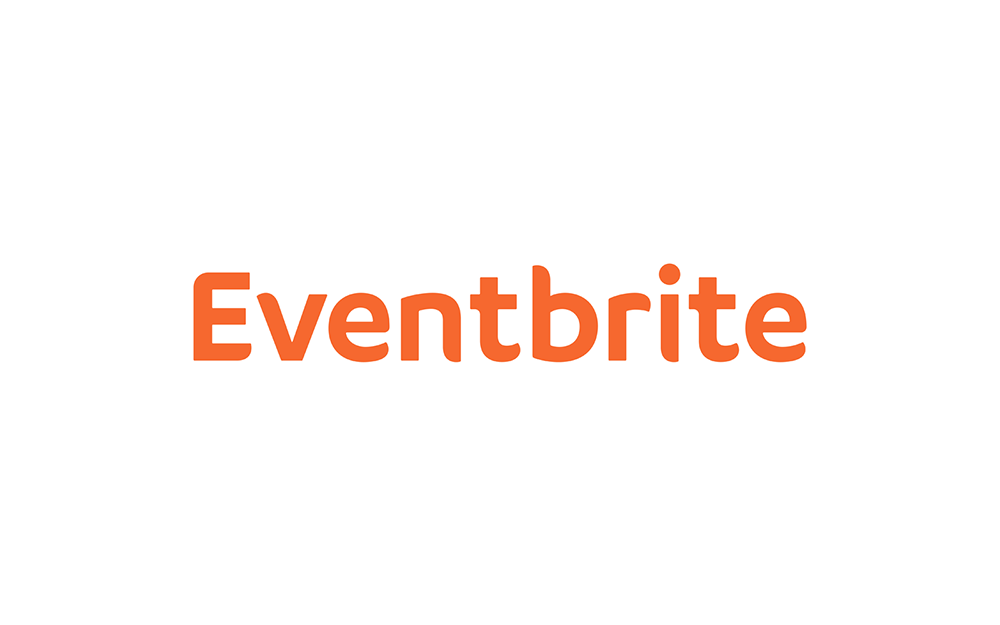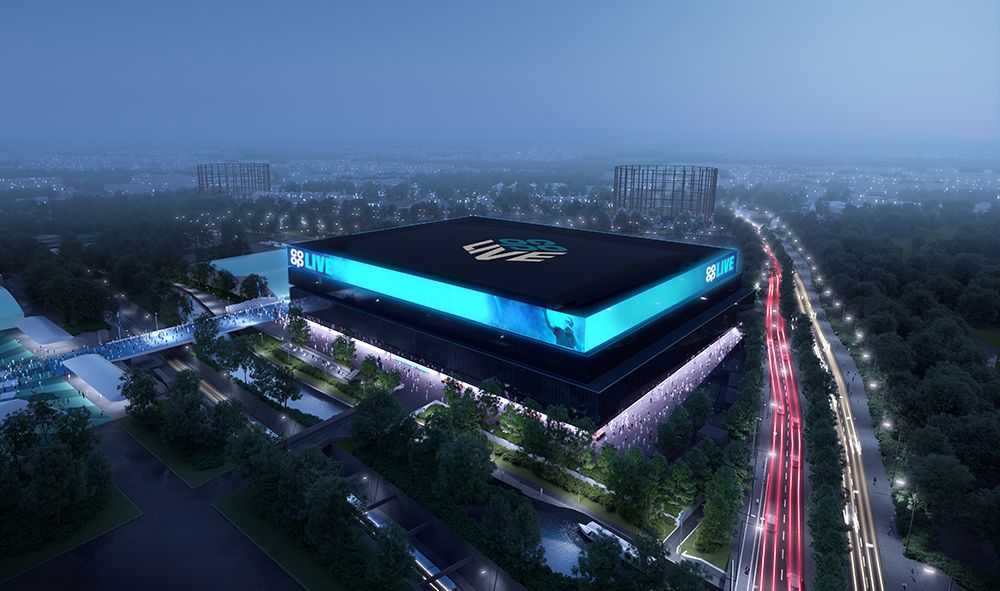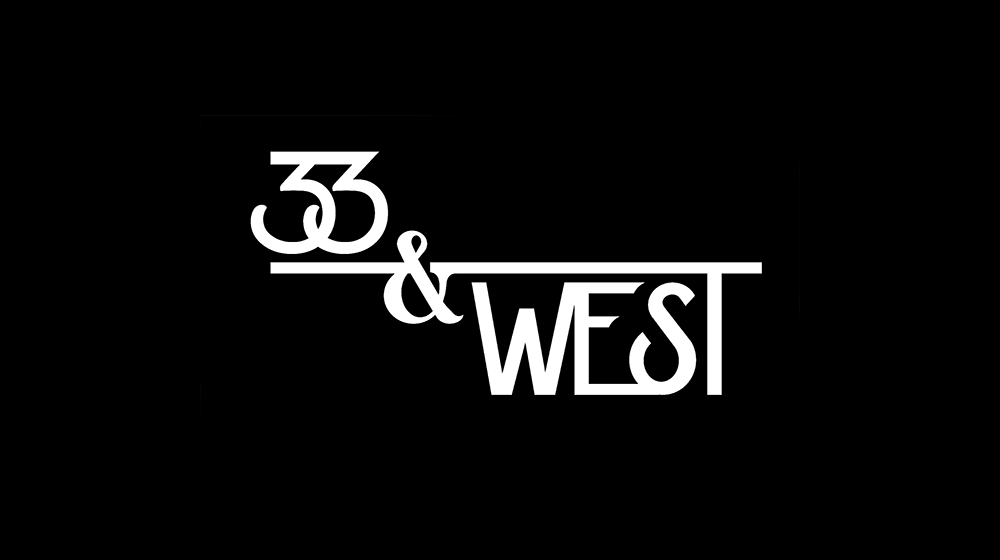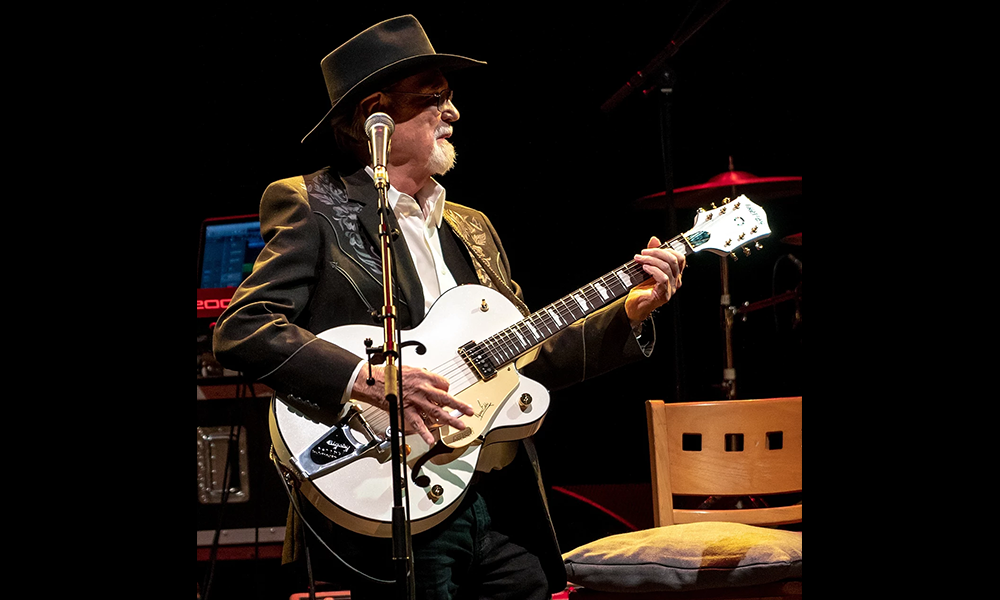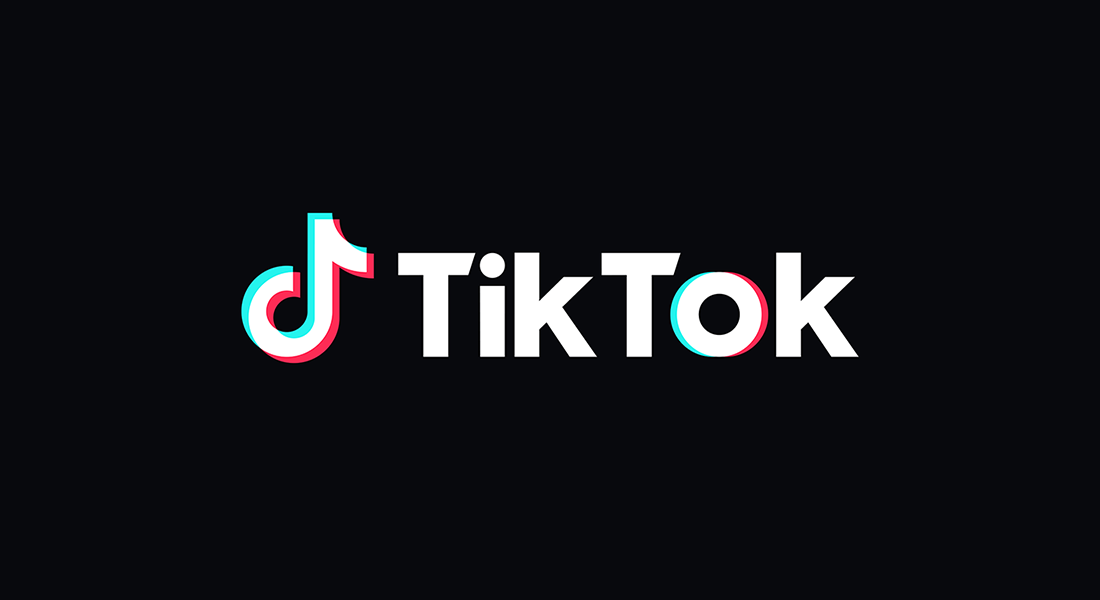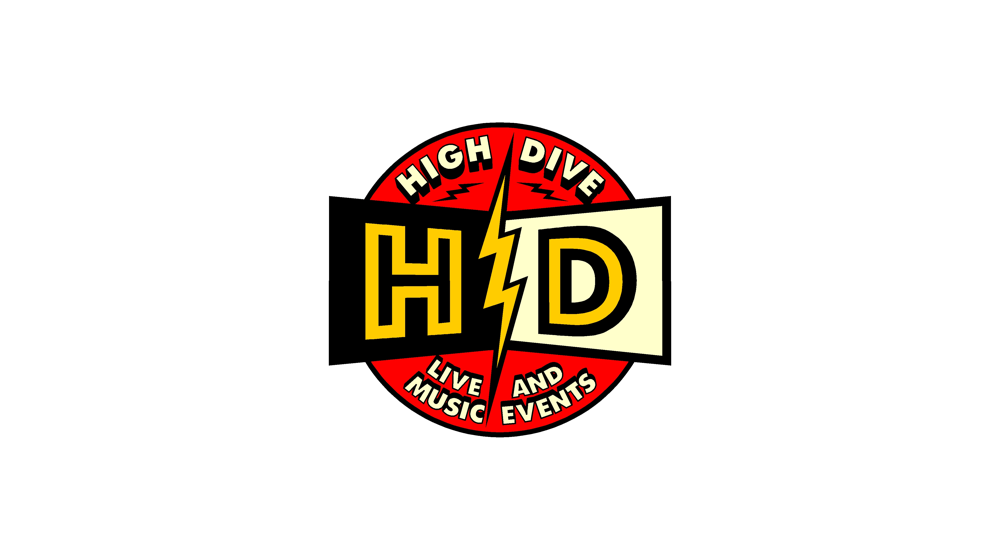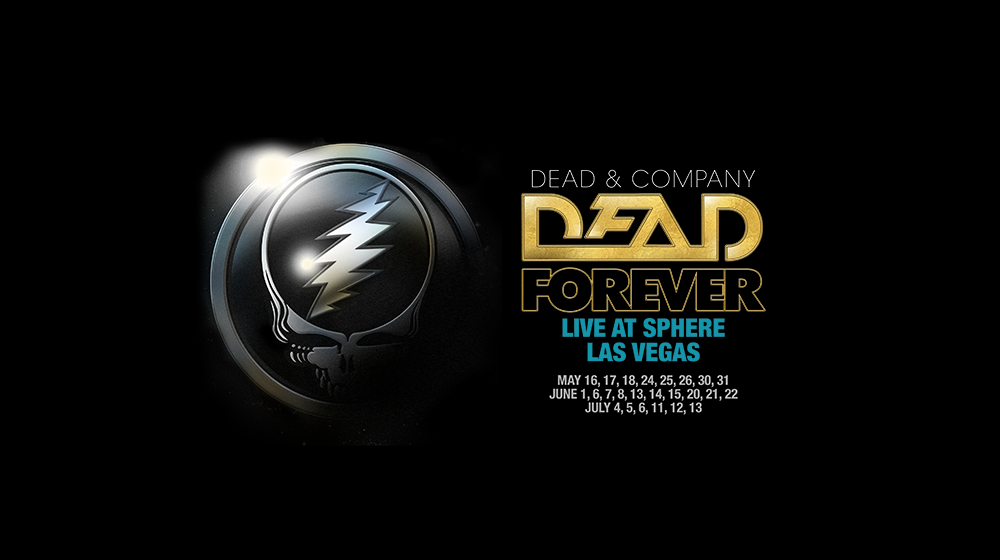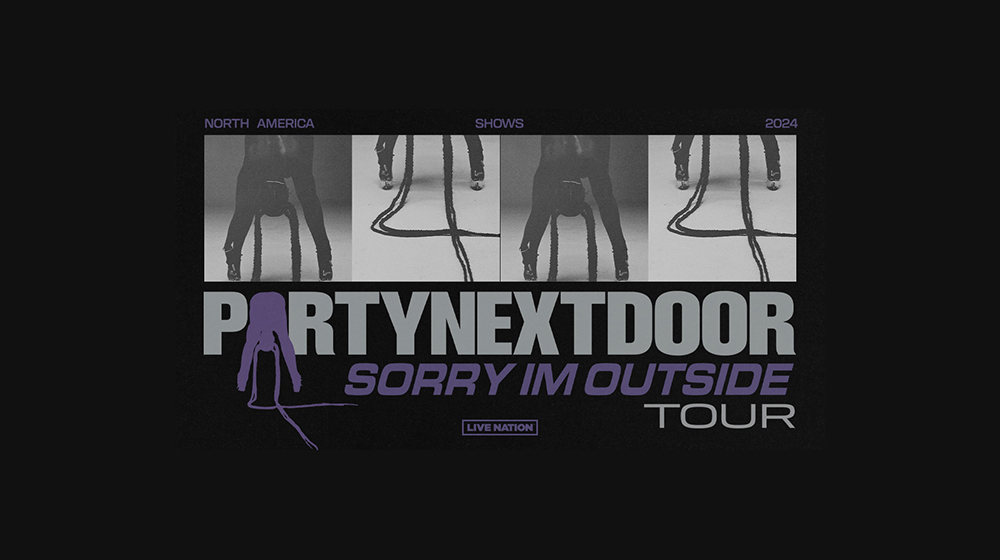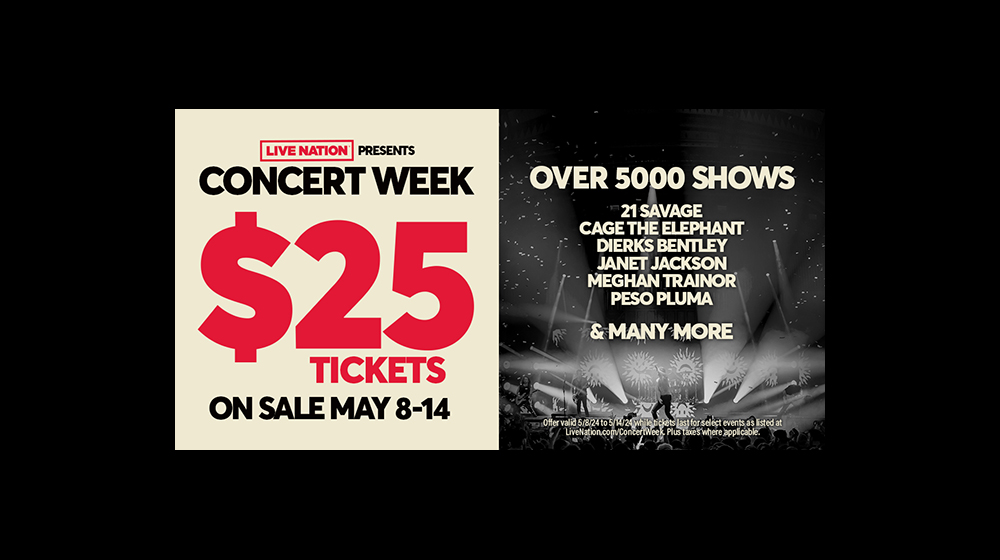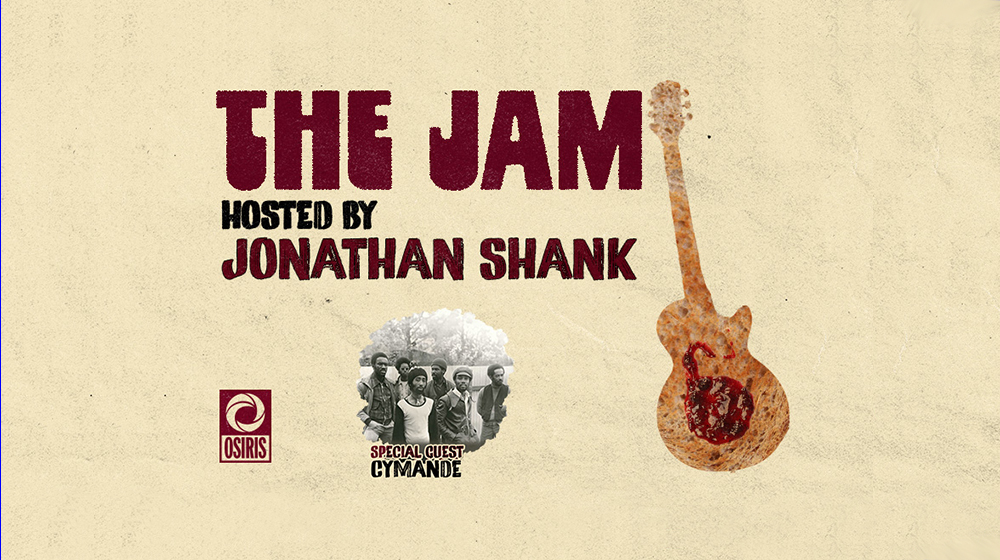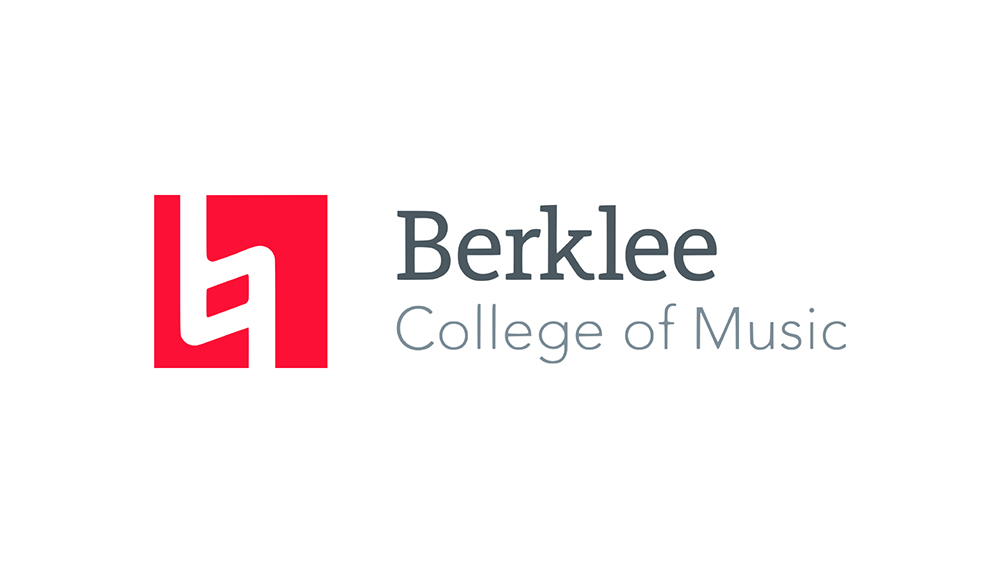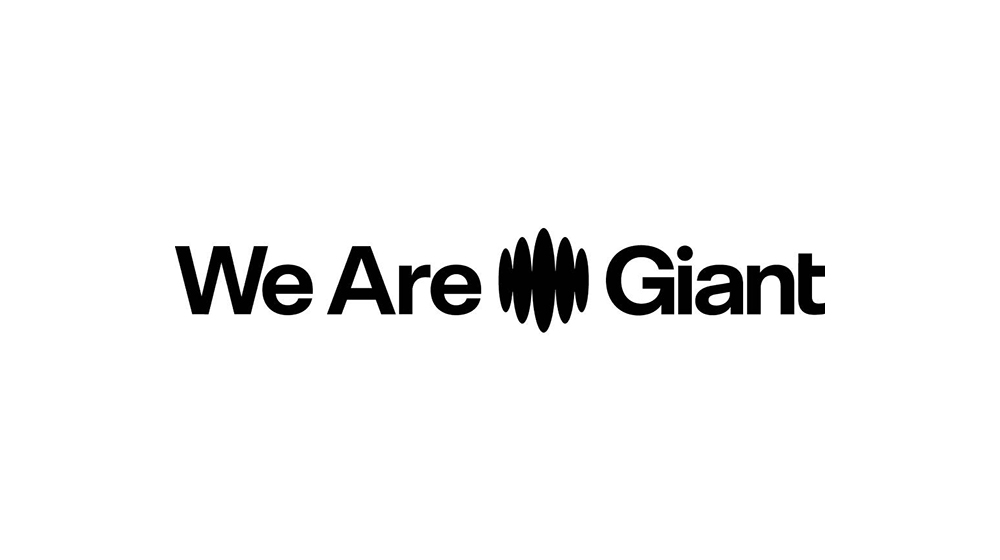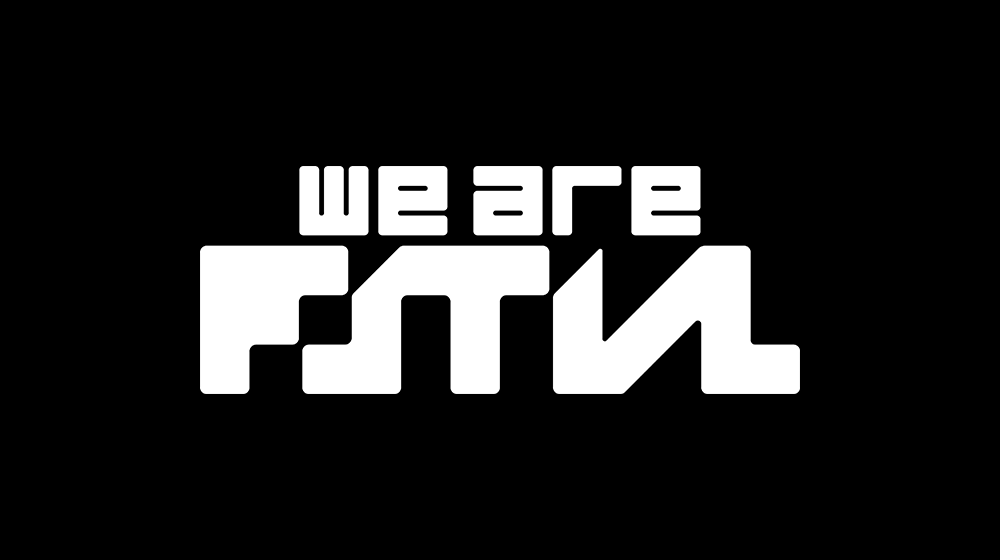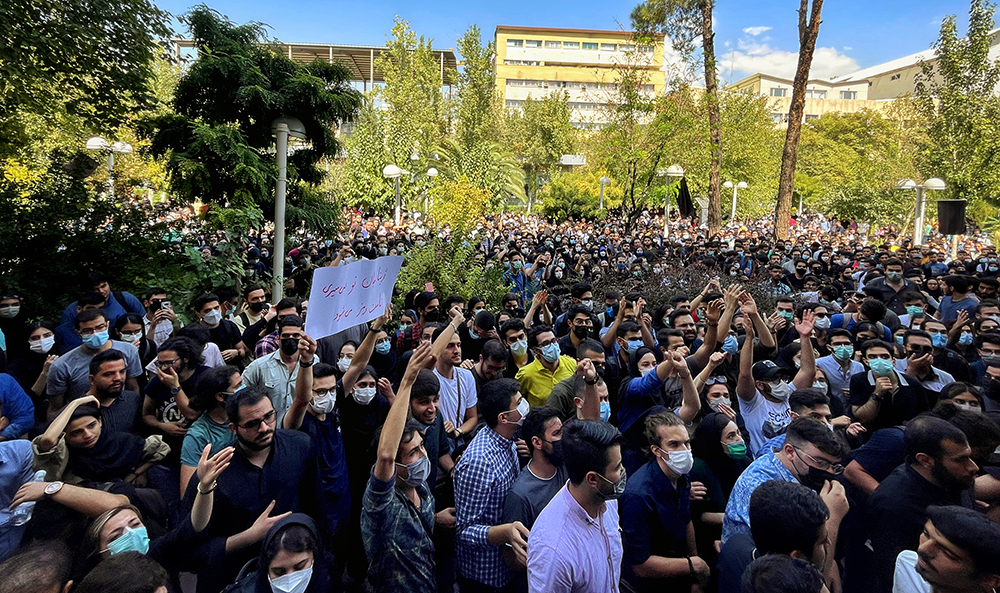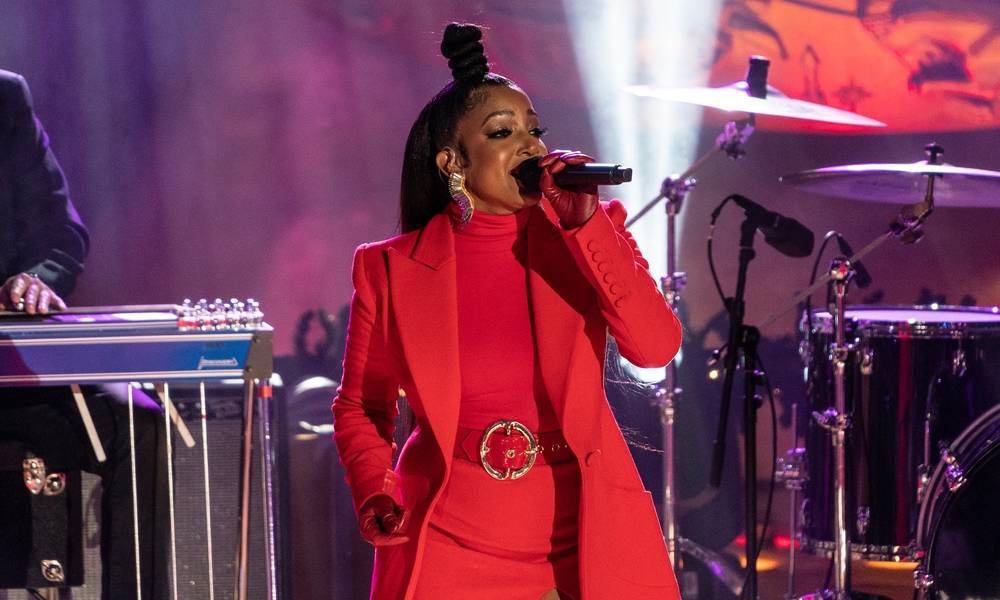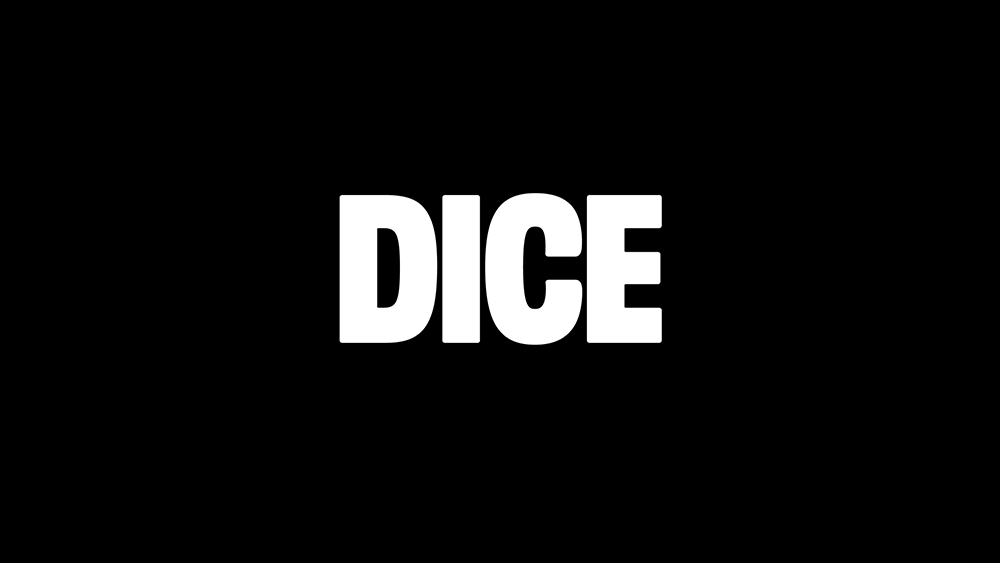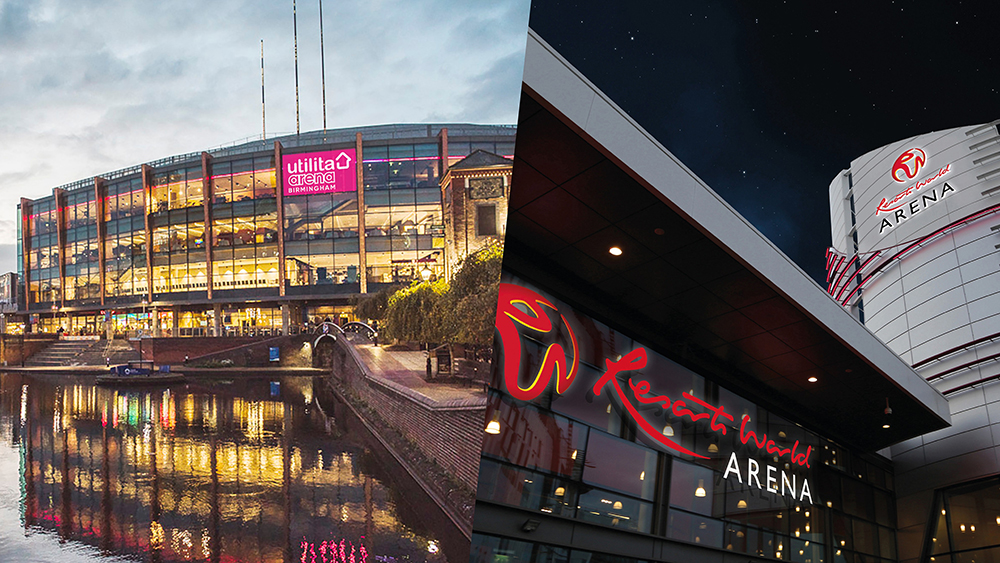(Hypebot) — Here’s a guide on how to not only get gigs, but how to successfully plan and execute a great show.
by Philip Kinsher of Disc Makers Blog
Many indie musicians rely on gigs and mech sales as a dependable way to make money with music. But in order to play a live concert, you need to book a venue for your show. Booking the right venue involves considering various factors like your style of music, your draw, and your production needs.
What to know before your concert
To ensure a successful show, you should:
- Estimate the number of attendees. How many people can you expect to show up to your gig? You don’t want to book a venue size that holds 500 people and only have 100 show up. Or vice versa. Estimating the expected size of your concert is essential for selecting an appropriate venue.
- Know what genres are hosted by which venues. You certainly don’t want your metal band showing up at the local philharmonic. If you’re traveling to a city outside of your region and you don’t already know which live music venues host the kind of music you play, ask your fans and/or other musicians for suggestions. Find out where your peers play.
- Establish a budget. Your budget plays a significant role in almost every decision you make, including venue selection when you want to book a show. Determine your budget for the concert expenditures: for instance, does the venue require a rental fee?
- Know your technical requirements and production needs. Consider the technical aspects of your gig, such as sound, lighting, and stage setup. You may have big dreams of a light show that will be impractical to execute in a small venue. If so, decide what’s more important to you.
- Determine how established you are. Keep in mind that if you are just starting out, you might not be enough of a draw to book some of the bigger venues. In other words, be realistic about how many people will actually come to see you and book appropriately.

Breakdown of different concert venues
As you know, concert halls and venues can vary in size, location, and availability. Knowing what each venue has to offer can help you make an informed decision based on your show’s requirements.
Local venues are the heart of the independent music scene and serve as a launching pad for many emerging artists. These can include restaurants and bookstores (great for acoustic-based music), bars and clubs (better for louder, raucous acts), and outdoor venues like parks, parking lots, and amphitheaters, which can appeal to almost any style of music.
Tips to negotiate with venue owners/managers
When booking your gig, you’re going to have to negotiate various details with the venue owner or manager. Here are some key things to keep in mind.
- Professional pitch. When reaching out to venues, present yourself and your music professionally. Prepare a concise, compelling pitch that showcases your selling points as an artist. Provide music and video samples, an Electronic Press Kit, and social media platforms to demonstrate your potential.
- Availability and securing a hold date. Contact venues well in advance to inquire about their availability for your desired concert date. If the date is open, ask the venue to place a hold on it until you finalize the booking details. This prevents another event from taking your preferred date.
- Rental fees, deposit, and payment terms. Negotiate the rental fee based on your budget and the value the venue offers. Inquire about any required deposits and payment terms upfront. Clear communication and understanding of the financial terms will ensure a smooth booking process.
- Understand what the venue is providing. Do you need to provide your own backline, sound guy, security, etc? Put a stage plot and input list together for the house sound person.
- Clarify contractual obligations, insurance requirements, and liability issues.Review the contract carefully and seek clarification on any terms or obligations that are unclear. Make sure you understand the insurance requirements, liability issues, and any additional responsibilities you have as the special event organizer.
Finalizing the venue booking
Once you have successfully negotiated the terms with the venue, it’s time to finalize the booking and secure your concert date. Pay attention to the following steps:
- Sign the contract and confirm the reservation. Read the contract thoroughly and ensure all the agreed-upon terms are included. Sign the contract and provide any required deposits or payments to officially secure the venue for your concert. Keep a copy of the signed contract for your records.
- Understand cancellation policies and contingencies. Familiarize yourself with the venue’s cancellation policies and any contingency plans they have in place. Life can be unpredictable, and having a clear understanding of these policies will help you navigate any unforeseen circumstances.
- Communicate with venue staff and establish a good working relationship.Building a good rapport with the venue staff is essential for a successful concert. Maintain open lines of communication, promptly respond to any queries or requests, and establish a positive working relationship. This collaboration can contribute to a smoother event venue experience.
What contributes to a successful concert?
Booking a venue is just the beginning. Here are some factors to consider to make sure you have a successful live music performance:
- Promotion and ticket sales. If you don’t hype it, no one is going to show up to your concert. When starting to promote, create a comprehensive marketing and grassroots strategy to create buzz around your concert. Use social media platforms, email marketing, press releases, and collaborations with influencers to maximize ticket sales and attract a wider audience.
- [Hypebot Editors Note: Be sure to list your shows on Bandsintown.com and take advantage of all of the tools and tips available on the free Bandsintown For Artists platform,]
- Coordinating logistics with vendors, suppliers, and performers. If you need equipment, catering, merchandise, or other necessary services, be sure to coordinate with your suppliers in advance. Communicate timelines, requirements, and expectations clearly to ensure everyone is on the same page.
- Sound checks and technical rehearsals. Sound quality is paramount in a concert. If you can, schedule a sound check and/or technical rehearsal in advance so you can fine-tune the audio, lighting, and stage setup. In many cases, though, you may only get a few minutes before your first song, so try to use that time wisely.
Make the most of your live performance.
Live shows are the best opportunities you have to sell your swag! Disc Makers can help you get professional and affordable CDs and vinyl LPs ready in time for your big show.





















